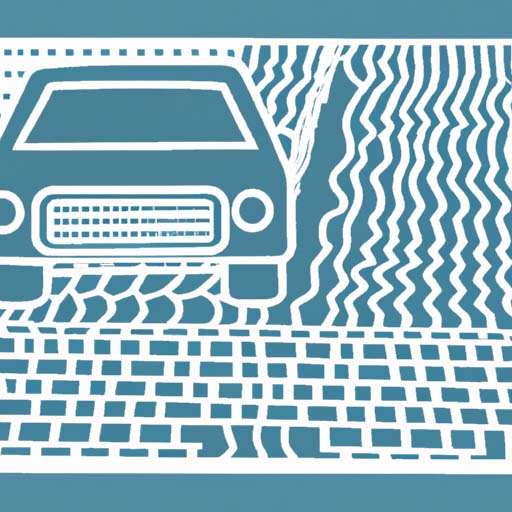Welcome to our beginner’s guide to keeping your car in tip-top shape! Whether you’re a new car owner or just looking to improve your car maintenance skills, this article will provide you with the basics of car maintenance. From routine inspections to essential upkeep, we’ll cover everything you need to know to keep your vehicle running smoothly for years to come.
Routine Inspections:
Regular inspections are crucial for preventing potential issues and catching them early on. Start by checking your car’s fluids, including engine oil, coolant, brake fluid, and power steering fluid. Inspect the oil level using the dipstick; if it’s low, top it up to the recommended level. Make sure the coolant and brake fluid are at the appropriate levels as well.
Next, examine your tires for any signs of wear or damage. Check the tread depth using a penny; if you can see the top of Lincoln’s head, it’s time to replace your tires. Additionally, inspect the tire pressure to ensure it matches the manufacturer’s recommendation. Don’t forget to check your spare tire too!
To maintain proper visibility, inspect your windshield wipers and replace them if they show signs of deterioration or streaking. Test all your lights, including headlights, taillights, brake lights, and turn signals, to ensure they’re all functioning correctly.
Essential Upkeep:
In addition to routine inspections, there are several essential maintenance tasks you should perform on a regular basis. Regularly changing your engine oil and oil filter is crucial for maintaining engine performance and longevity. Check your car’s manual for the recommended oil change intervals. Additionally, replace the air filter periodically to ensure efficient airflow to the engine.
Another key maintenance task is checking your car’s battery. Inspect the battery terminals for any signs of corrosion and clean them if necessary. Additionally, test the battery voltage using a multimeter; if it’s below 12.4 volts, consider replacing it to prevent unexpected breakdowns.
Don’t neglect your car’s brakes! Regularly inspect the brake pads for wear and replace them if they’re getting thin. Properly functioning brakes are essential for your safety on the road. Additionally, flush and refill your brake fluid according to the manufacturer’s recommendations.
Your car’s cooling system also requires maintenance. Regularly check the radiator for any leaks or corrosion and flush the coolant every two years or as recommended. Proper cooling system maintenance prevents engine overheating and costly repairs.
Keep It Clean:
Maintaining the cleanliness of your car isn’t just about aesthetics; it also contributes to its overall condition. Regularly washing and waxing your car helps protect the paint from damage and corrosion. Pay attention to the undercarriage as well, as road salt and debris can accumulate and cause rusting.
Take the time to clean the interior of your car as well. Vacuum the seats and floors, wipe down surfaces, and use appropriate cleaners for different materials, such as leather or fabric. Regularly cleaning your car’s interior helps prevent wear and tear and keeps it looking fresh.
Find a Reliable Mechanic:
While regular inspections and essential upkeep can be done by car owners, it’s also important to establish a relationship with a reliable mechanic. A skilled mechanic can provide professional insight, perform complex repairs, and conduct thorough inspections that are beyond the scope of the average car owner.
When choosing a mechanic, look for one who is certified and experienced in working with your specific make and model of car. Ask for recommendations from friends and family, read online reviews, and don’t hesitate to visit a few different mechanics before making your decision.
In conclusion, car maintenance is essential for keeping your vehicle in great shape and avoiding costly repairs. By performing routine inspections, keeping up with essential upkeep tasks, and maintaining cleanliness, you’ll extend the life of your car and enhance your driving experience. Remember, regular maintenance is an investment in your car’s longevity, reliability, and your own safety on the road.
